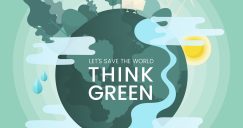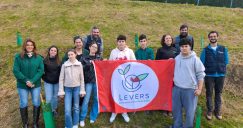LEVERS : Climate Action – Through Local Action
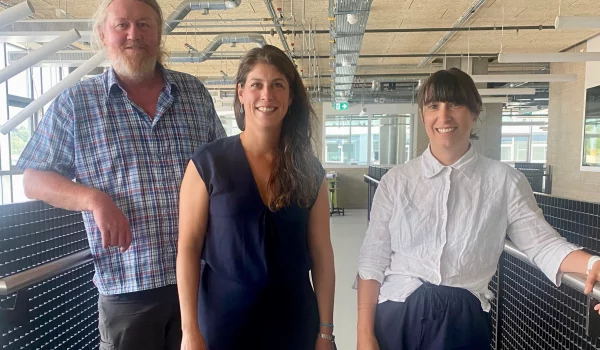
- Article, News, Switzerland
The mission statement at the core of Levers, is the creation of “Learning Ventures”- spaces where teachers, students, scientific authorities, organisations and collectives learn, share and effectively engage with climate justice.
LEVERS (Learning Ventures for Climate Justice) is a European project launched in 2023. It is a network of participating organisations spread across nine countries, including Switzerland, united with the mission to fight climate change.
The initiative aims to offer young people the possibility to act collectively in the search for answers to the questions posed by the climate crisis, affecting both their own lives and the lives of their communities.
In Switzerland, ‘Onl’fait’ is the partner organisation charged with bringing Levers’ mission to life: consisting of Paddy Condeveaux, Cristina Olivotto and Bérengère Iragne.
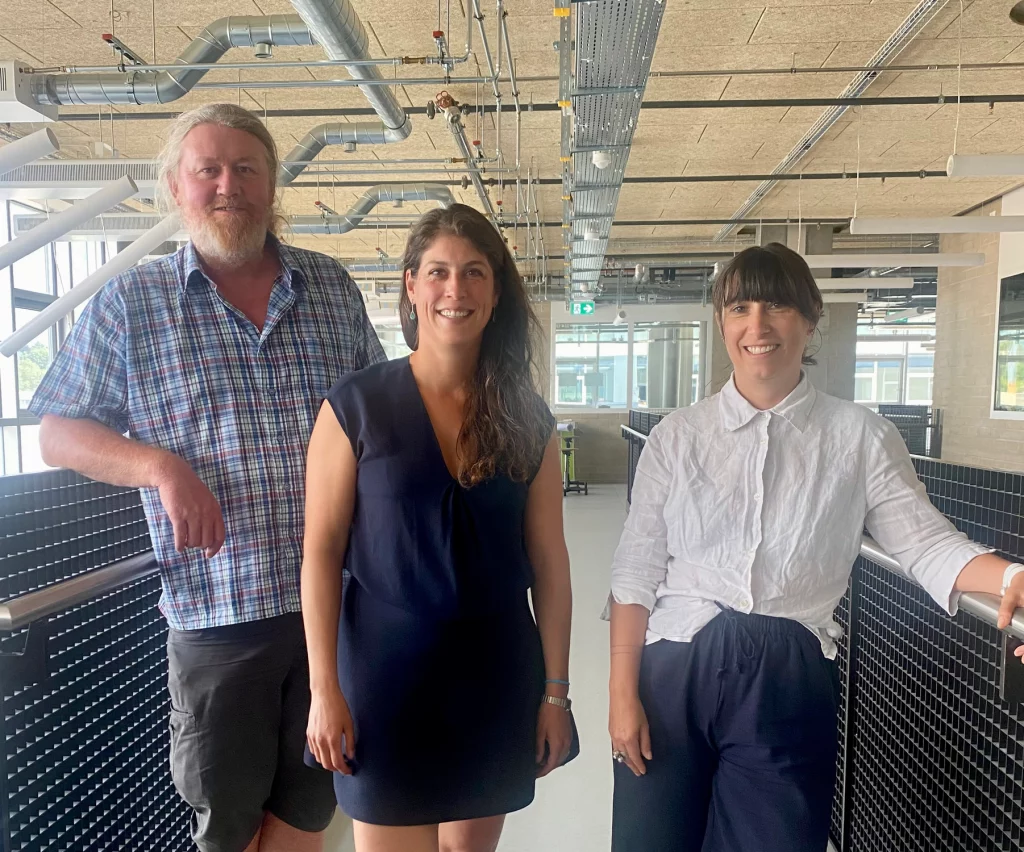
Origins: Locally sourced action
The project’s foundation lies in the need to reconnect climate action with local action.
In Geneva -where Onl’fait is based- the partner organisation has elected to focus on water -specifically its use in the production of consumer goods and the impact thereof on the changing climate.
Since 2023, the association has assembled a task-force, organised events and workshops and held competitions all in aid of igniting climate action among their target group, which is comprised mainly of young people between the ages of 14 and 25 year old.
The Mission: Fighting for Community, with Community
In any effort to create and/or facilitate the creation of “Learning Ventures”, Levers makes available a collection of foundational documents that define ways to effectively think about and then execute local climate action:
1) The Field Guide: A written guide that distills ‘effective’ climate action into four principals to follow in order to foster a ‘Learning Community’
2) The Policy Brief: An analysis of climate politics and the measures of sustainability that are innately tied to education that favours said sustainability in all phases of development. Included, is a reference collection of ‘Open Schooling’ projects to identify common goals and challenges that may be found in the development of ones own local climate action project.
3) The Learning Framework: A document that helps individuals think about and then act on climate justice issues affecting them locally. It is designed to help inspire and sustain those looking to create learning eco-systems focused on climate education.
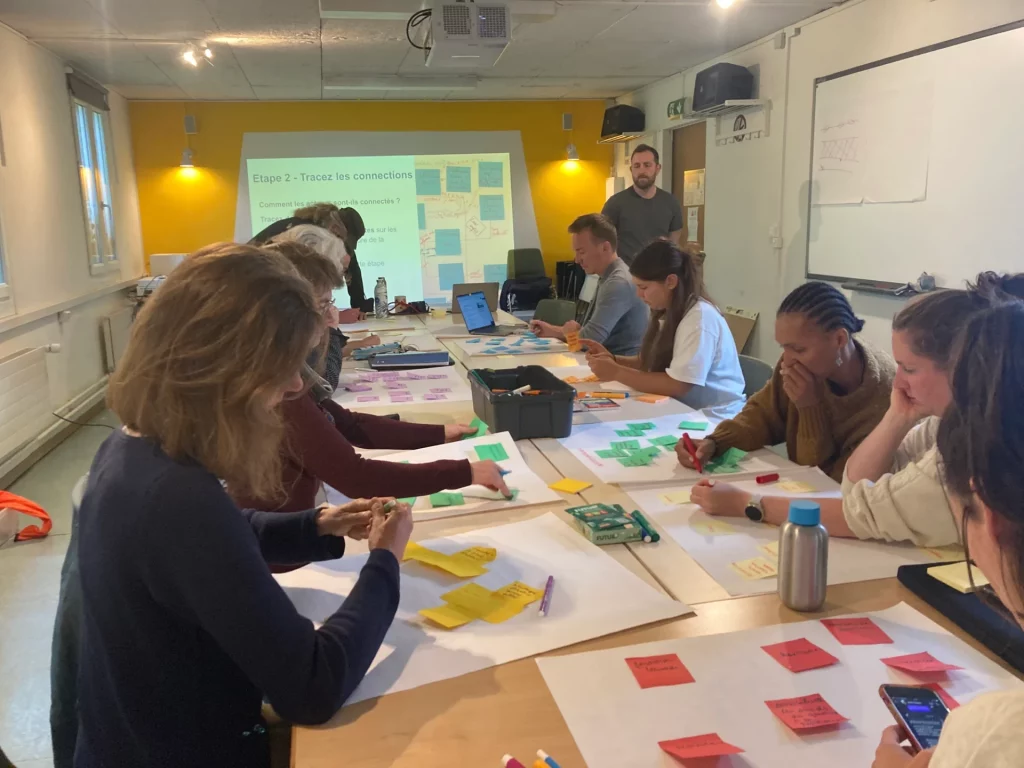
Big Challenges: Naming them and facing them.
Community is complex.
Onl’fait’s ‘community’ is made up of researchers, organisations, young people and many more, which results in the primary need for ‘time’ to organise around and then define a clear methodology.
Systematic thinking has allowed them to navigate this complexity and define the challenges into individual chunks, tying their similarities together to target multiple problems with the same solutions while keeping a unifying vision.
It is also incredibly important to recognise that the primary target audience of young people, is an audience with an attention that is harder to get and hold, than most others.
Nevertheless, this target audience is the only one where this kind of education would make the soonest and most direct impact, as they hold a far greater stake in the future and the most immediate benefit from climate education. Thus the drive to keep experimenting and adjusting strategies to reach them.
Big Lessons and Big Advice:
Over the past few years, Onl’fait has distilled some of its biggest lessons and most valuable advice into the following:
-Collaboration is demanding but rewarding. Common goals lead to common solutions.
-Communities understand best the problems that affect them the most directly. Their primary knowledge is the most precious there is and those relationships are the ones that are most important to sustain in fostering effective climate action.
-Systematic thinking is of incredile importance when considering effective action. Because you can’t change a system that you don’t understand and this begins with defining the system you want to change. So much time can be spent on finding ways to negate the effects, rather than causes. All challenges are linked and so therefore, solutions can be, too.
-Compare experiences with other associations and groups. Evaulate each other’s work and keep each other on track.
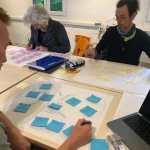
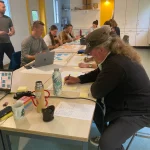
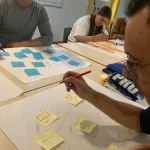
Community is all about direct availability. And Onl’fait promotes this availability as do all partners of the Levers program.
They are ready and willing to communicate, liaise and network with anybody looking to create local, sustainable and effective climate action.
So do not hesitate to reach out, knowing that the bigger the community, the better it is.

